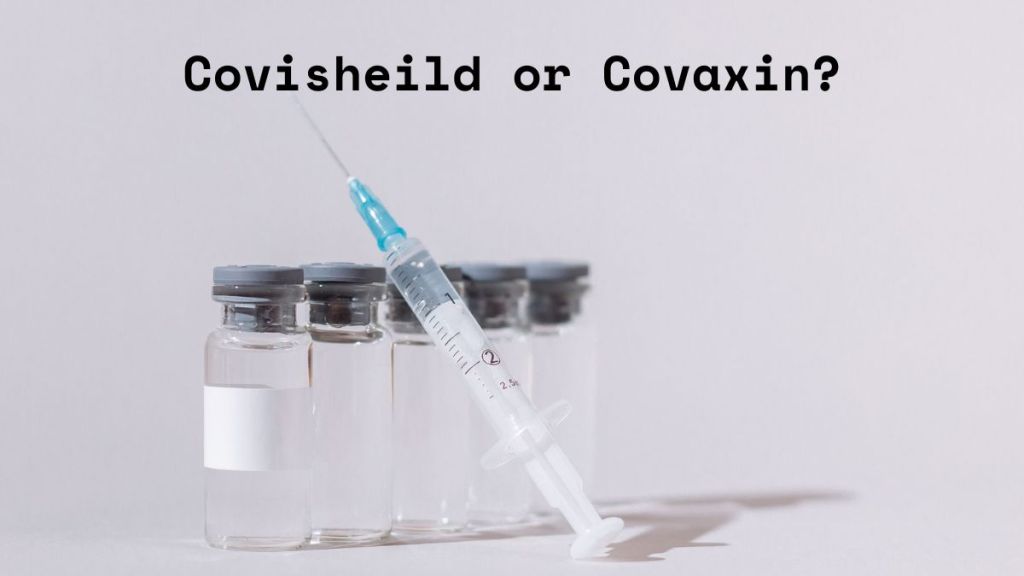Researchers from the National Centre for Biological Sciences (NCBS) have recently published a new study in The Lancet Regional Health Southeast Asia on March 6. The study provided significant insights into the efficacy of Covishield and Covaxin which were the most utilised vaccines in India during COVID-19.
The study, titled ‘Immunogenicity of SARS-CoV-2 vaccines BBV152 (COVAXIN) and ChAdOx1 nCoV-19 (COVISHIELD) in seronegative and seropositive individuals in India: a multicentre, non-randomized observational study’, conducted a comparison of immune responses among recipients of Covishield and Covaxin, as stated.
The study was a collaborative effort among 11 institutes, with at least six of them located in Pune. These six institutes comprised the Indian Institute of Science Education and Research Pune (IISER), the National Chemical Laboratory (NCL), the National Centre for Cell Science (NCCS), and the Pune Knowledge Cluster, among others.
Covishield, AstraZeneca’s COVID-19 vaccine, was manufactured and branded locally by the Serum Institute of India (SII) in Pune under the leadership of Adar Poonawalla. While, Covaxin was developed and produced by Bharat Biotech, headquartered in Hyderabad.
Gaps in Vaccine Immunology Research
Dr. Mangaiarkarasi Asokan, former programme head of VISION and lead author of the study said, “Follow-up studies on vaccine immunology and the analysis of immune protection factors were lacking and there’s a scarcity of comparative studies on these two vaccines. This is one of the very few studies that not only investigates the immune responses of participants after vaccination but also considers their immune history prior to vaccination”.
Key Findings of the Study
1. Covishield’s Strong Immune Response: A comprehensive study conducted from June 2021 to January 2022, involving 691 participants aged 18 to 45 from Bangalore and Pune, revealed that Covishield, utilizing a virus vector for delivering spike proteins, consistently elicited stronger immune responses compared to Covaxin, an inactivated virus vaccine.
2. Varied Immune Responses: While a majority of participants exhibited nearly complete immune responses to Covishield, the response to Covaxin varied, especially among those vaccinated before the emergence of the Omicron variant.
3. Antibody Levels and T Cells: Covishield induced higher levels of antibodies in both seronegative (individuals without prior exposure) and seropositive (individuals with prior exposure) subjects, suggesting a more robust and long-lasting immune response. Furthermore, Covishield stimulated a greater number of T cells compared to Covaxin, indicating a more potent overall immune response.
4. Protection Against Variants: Covishield consistently demonstrated higher antibody levels against various virus strains, suggesting its potential for superior protection against variants such as Omicron.









